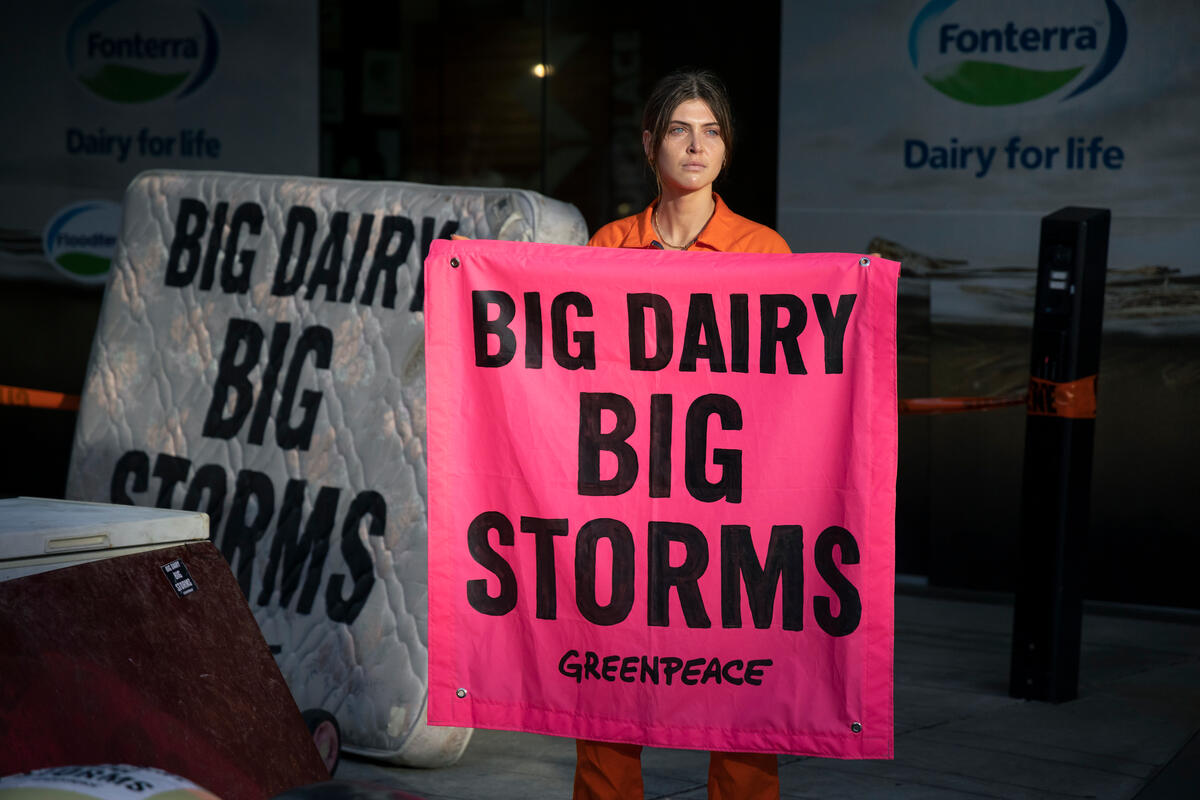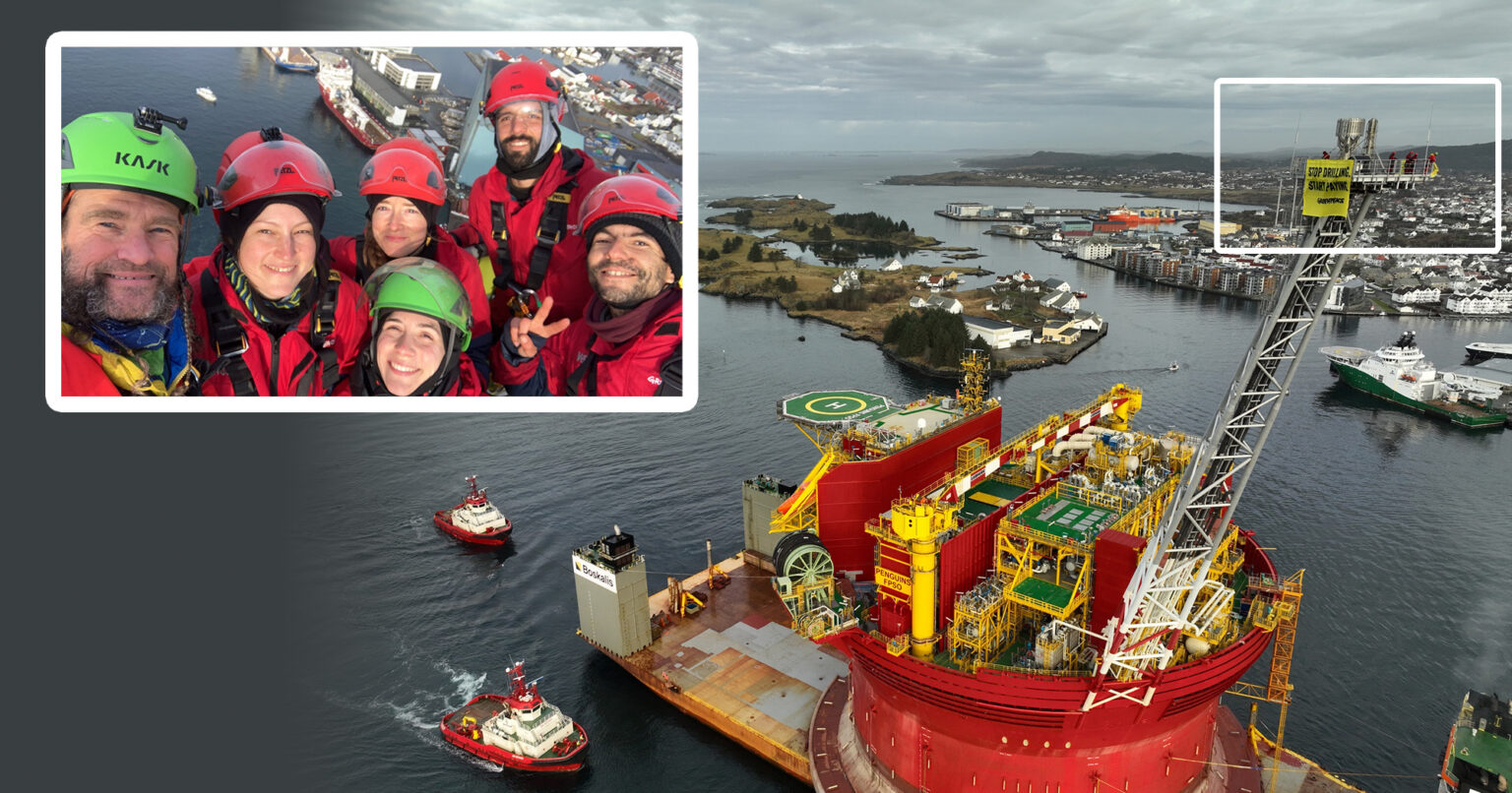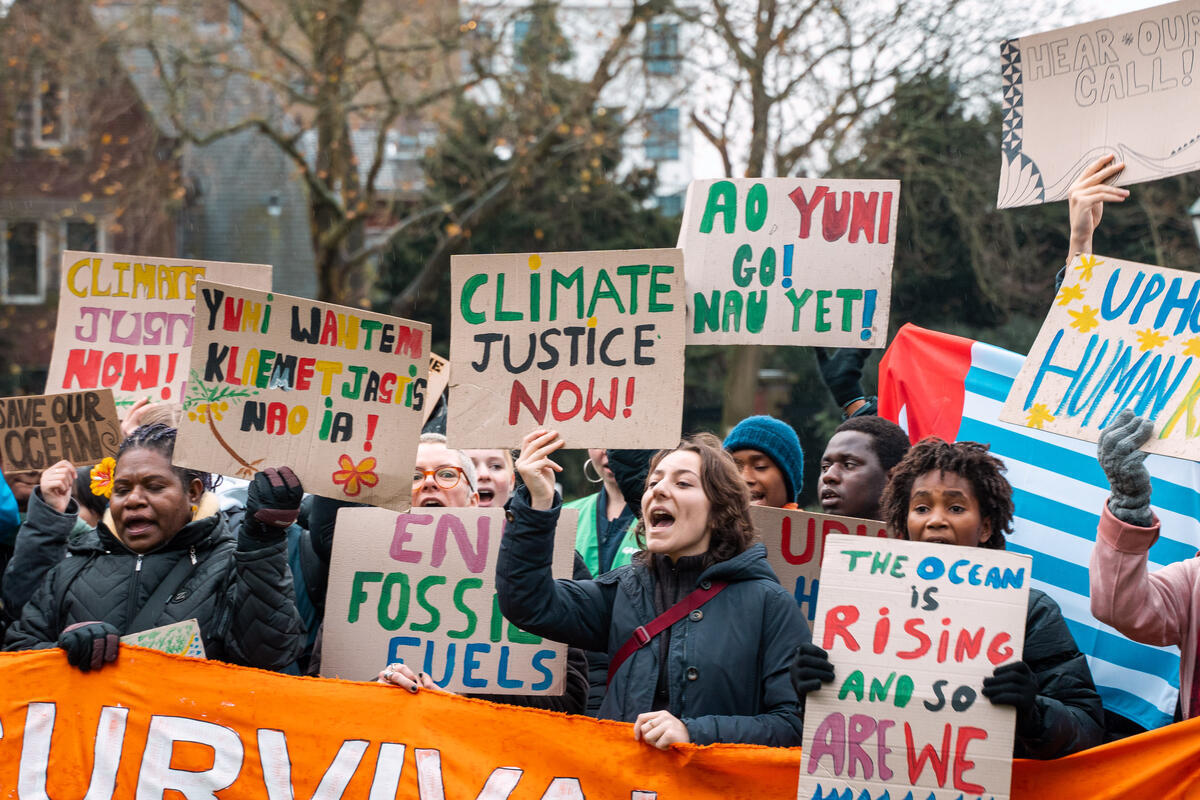A damning briefing paper released by a group of offshore wind developers warns that if Trans Tasman Resources gets the go-ahead to mine the seabed of the South Taranaki Bight, it would spell the end of New Zealand’s chance to embrace offshore wind energy.
The briefing sent to Government ministers clearly outlines how offshore wind farms—which could play a key role in securing future energy supplies—are fundamentally incompatible with seabed mining in the South Taranaki Bight.
Greenpeace seabed mining campaigner Juressa Lee says, “Prime Minister Luxon has vainly tried to greenwash his government’s reckless fast-track approvals bill by saying it will support the roll-out of renewables. Well, here we have the offshore wind industry warning that fast-tracking seabed mining in the South Taranaki Bight would actually block an entire renewable energy industry.
“This should be the nail in the coffin for seabed mining here in Aotearoa. We’re in a climate crisis, and embracing new renewable energy generation is critical. TTR’s destructive seabed mining project has already been rejected by iwi and hapū, environmental experts, local community groups, surfers, the fishing industry, and the local council.”
Trans Tasman Resources has been seeking to mine 50 million tons of sand every year in the South Taranaki Bight for 35 years. For over a decade, it has faced stiff opposition from marine experts, local iwi, community, and environmental groups.
Since initially getting consent in 2017, TTR has had that consent quashed by three courts, with the Supreme Court finally sending it back to the EPA, requiring the company to prove it will cause no material harm.
TTR pulled out of that EPA hearing in March this year, soon after the fast-track bill was announced and then confirmed that they had been invited by the coalition government to apply to have their seabed mining project fast-tracked.
The briefing paper confirms what opponents of TTR’s seabed mining plans have warned for years: that seabed mining will significantly disrupt the seafloor – up to a depth of 11 metres and would mean an offshore wind electricity generation industry could not be established if seabed mining was underway.
Lee says, “Nobody wants to see an open cast mine on the seafloor in the middle of rare blue whale habitat, but the fast-track approvals bill would allow this to happen, despite near-unanimous opposition.
“This perverse situation highlights just how wildly problematic the fast-track bill is, and why so many people are so adamantly opposed to it.
“The fast-track bill needs to go in the bin immediately, and we encourage anyone who agrees with that to come out on the streets with us and march for nature on Saturday 8th June in Auckland.”
A protest march against the fast-track bill is being organised by Greenpeace, Kiwis Against Seabed Mining, Forest & Bird, WWF, Communities Against the Fast Track and others for Saturday, 8 June, starting at Aotea Square on Queen Street at 1 pm.
The briefing paper was sent to government ministers, Greenpeace and other stakeholders by BlueFloat Energy, Elemental Group, Taranaki Offshore Wind Partnership, Sumitomo Group, and Park Wind Jera Group.



